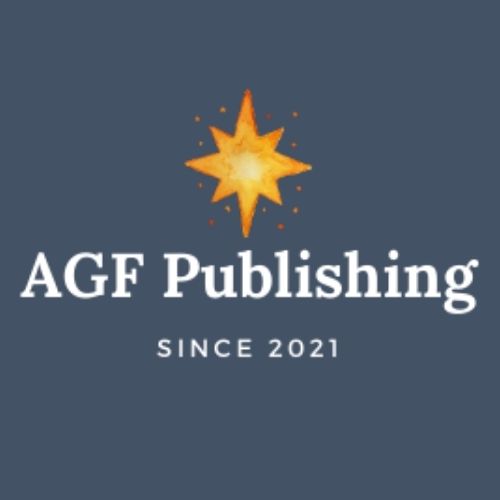
Navigating Finances on the Creative Journey
For writers pursuing their passion, managing finances can sometimes feel like an uphill battle. With fluctuating income, irregular paychecks, and uncertain market conditions, it's crucial for writers to establish effective budgeting strategies to maintain financial stability while nurturing their craft. Whether you're a freelancer, aspiring author, or seasoned professional, here are some practical budgeting tips to help you navigate the financial aspects of the writing life.
1. Track Your Income and Expenses: The first step to effective budgeting is understanding your financial situation. Keep track of your income streams, including royalties, freelance earnings, grants, or any other sources of revenue. Similarly, record your expenses, such as writing-related tools, research materials, software subscriptions, and marketing costs. Utilize budgeting apps or spreadsheets to monitor your cash flow and identify areas where you can cut back or optimize spending.
2. Establish a Writing Budget: Set aside a dedicated budget for your writing-related expenses. This may include investing in writing courses or workshops, purchasing books for research, attending writing conferences, or hiring professional editing services. By allocating funds specifically for your writing endeavors, you can prioritize your creative growth while staying within your financial means.
3. Save for Irregular Income: As a writer, your income may fluctuate from month to month, making it essential to plan for lean periods. Create an emergency fund to cover essential expenses during times of low income or unexpected financial setbacks. Aim to save at least three to six months' worth of living expenses to provide a financial safety net and peace of mind.
4. Budget for Taxes and Retirement: Freelance writers are often responsible for managing their taxes, including income tax and self-employment tax. Set aside a portion of your earnings for taxes regularly to avoid a hefty bill come tax season. Additionally, consider contributing to retirement accounts, such as an Individual Retirement Account (IRA) or a Simplified Employee Pension (SEP) IRA, to secure your financial future.
5. Prioritize Health Insurance and Benefits: Investing in health insurance and other essential benefits is crucial for writers, especially freelancers who may not have access to employer-sponsored coverage. Research affordable health insurance options available through professional organizations, unions, or healthcare exchanges. Additionally, explore other benefits such as disability insurance, life insurance, and retirement plans to safeguard your financial well-being.
6. Embrace Frugal Living: Living frugally doesn't mean sacrificing your quality of life; it's about making mindful choices to maximize your resources. Look for ways to cut unnecessary expenses, such as dining out less frequently, canceling unused subscriptions, or opting for public transportation instead of owning a car. Embrace DIY solutions for home office setups, marketing materials, and self-publishing to minimize costs without compromising on quality.
7. Diversify Your Income Streams: In an unpredictable industry, diversifying your income streams can provide stability and resilience against market fluctuations. Explore opportunities to monetize your writing skills beyond traditional avenues, such as teaching writing workshops, offering editorial services, or creating digital products like e-books or online courses. By diversifying your income, you can mitigate risk and increase your earning potential over time.
Navigating the financial landscape as a writer requires careful planning, discipline, and adaptability. By implementing these budgeting tips and cultivating healthy financial habits, you can empower yourself to pursue your creative endeavors with confidence while securing your financial future. Remember, building a sustainable writing career is not just about the words you write—it's also about the financial foundation you build along the way.
#BudgetingTips #WriterIncome #FinancialStability #FreelanceWriting #FinancialAdvice

